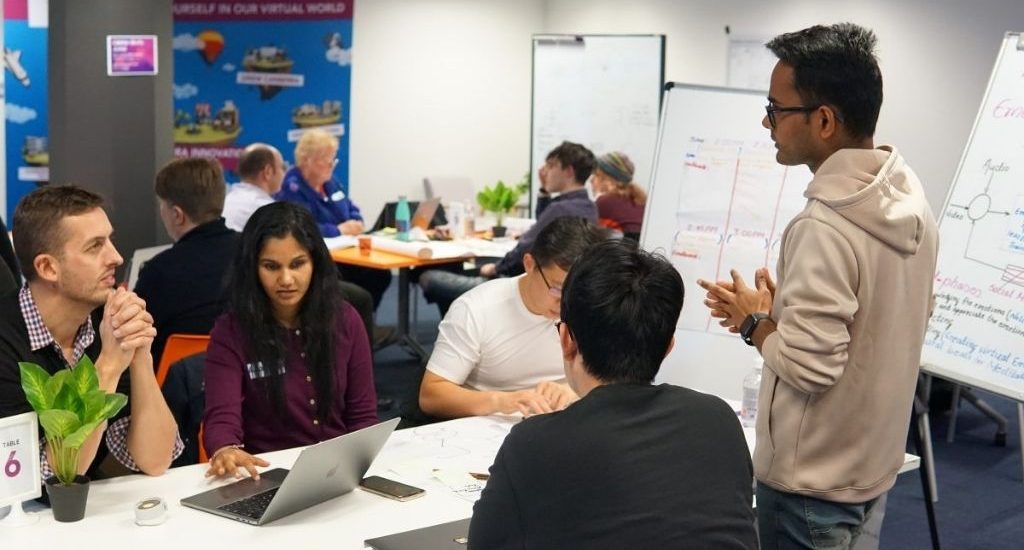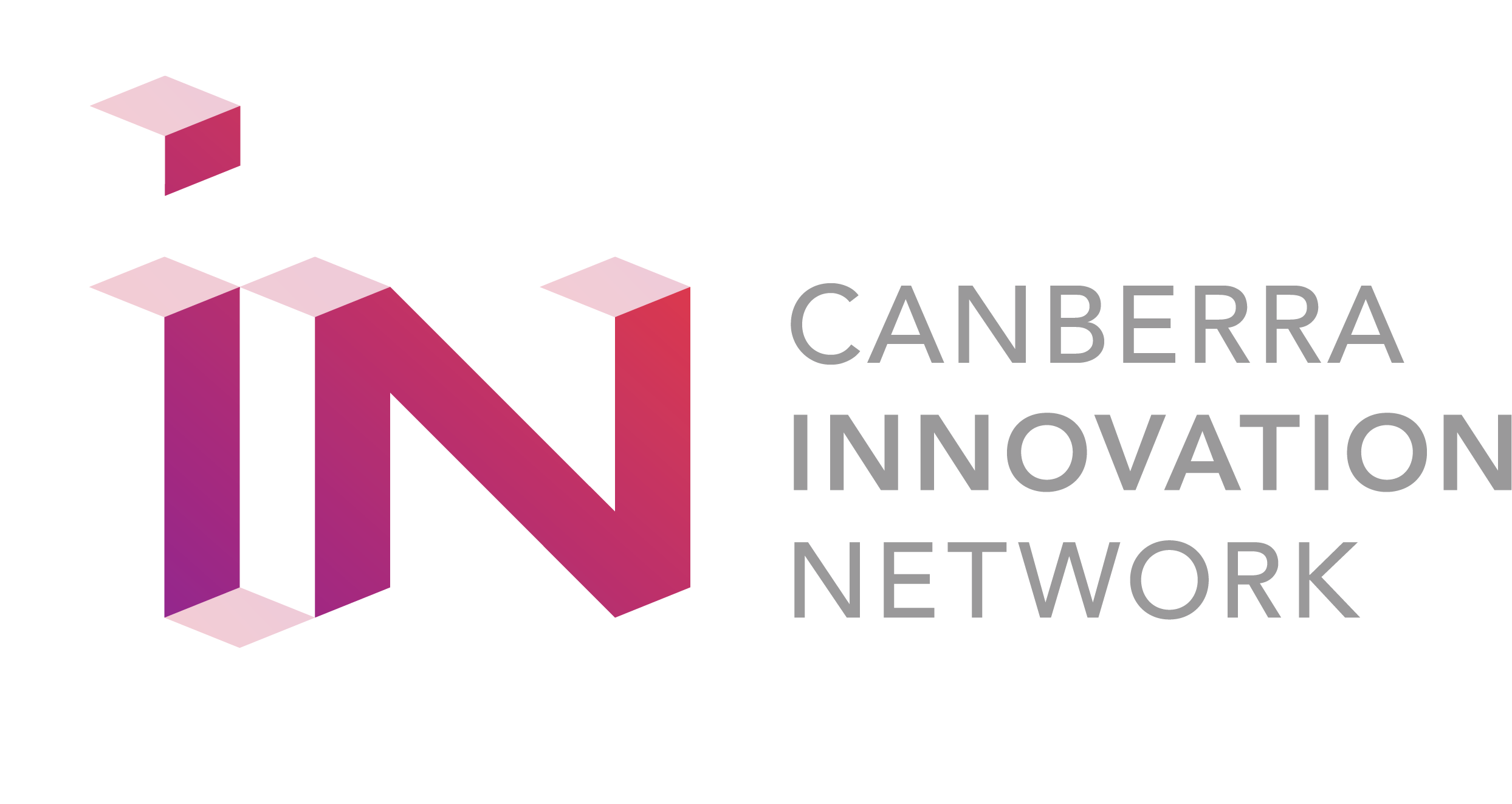- 3 June 2022
- Posted by: Canberra Innovation Network
- Category: General News

Calling all Canberra space nerds. You have 30 hours to help solve climate change forever. Your reward? Humankind is saved. In case that isn’t enough, there’s also $10,000 in prizemoney up for grabs.
Now you’re listening.
The Canberra Innovation Network (CBRIN) is partnering with UNSW Canberra for SpaceHack, a free annual ‘hackathon’ competition.
An intensive event over two days on 16 and 17 June, participants will put their heads down to come up with an innovative solution to climate change.
Organisers say the winning ‘big idea’ will help cement Canberra’s position as a world leader in the space industry.
CBRIN helps local entrepreneurs turn their business dreams into street-shop reality.
CEO Petr Adamek describes the `hackathon’ as “what innovative entrepreneurship is about”.
“Passion for change, intensive teamwork, rapid progress, accelerated learning, the need to deal with constraints and challenges, high pressure and a bit of luck,” he says.
“SpaceHack provides up-and-coming space innovators, including researchers and university students, with an opportunity to sharpen their innovation skills, build their networks, and provide access to incredible mentors and industry resources.”
Participants will team up and compete for cash prizes by attempting to solve climate change using space technology. Experienced mentors will be on hand to help the teams craft ideas and pitch them to a judging panel.
Mentors include Dr Andrew Sutton, a former laser specialist with NASA; Courtney Bright, a space systems engineer at CSIRO; Arvind Ramana, director of Space Technology at the Australian Space Agency; and many more notable names from the space technology field.
Ultra Light Cells entrepreneur Ben Wilkinson won last year with a replacement for the heavy, expensive, and short-lived solar cells currently used on satellites and spacecraft.
His team’s cells weigh 99 per cent less than regular solar cells and are 10 times thinner than a human hair. They also have a greater bandwidth to transfer data and last 10 times longer.
Ben describes SpaceHack as “a fun event with a good community spirit and great mentors”.
“It was a great way to test ideas quickly and get validation from industry experts.”
UNSW Canberra rector and dean Professor Emma Sparks says SpaceHack provides an instrumental opportunity to create future solutions to current issues.
“I’m excited to see what participants come up with,” she says.
“I’m proud that academics from UNSW as well as industry experts will be on hand to give guidance and mentoring to participants to work towards ideas to create a better future for Australia and the world.”
The two-day `hackathon’ will include workshops and mentoring focused on developing ideas. Participants will then have the opportunity to work closely with industry, academic and business experts to create impactful pitches of their space-themed ideas.
The winner receives up to $10,000 in cash.
The `hackathon’ is open to all, and CBRIN encourages diverse groups, students, and anyone with an interest in space, climate action, innovation and technology to participate. Registration and participation are free.
Register for SpaceHack 2022 online, but be quick – applications close 10 June.
Article originally published by RiotAct.

